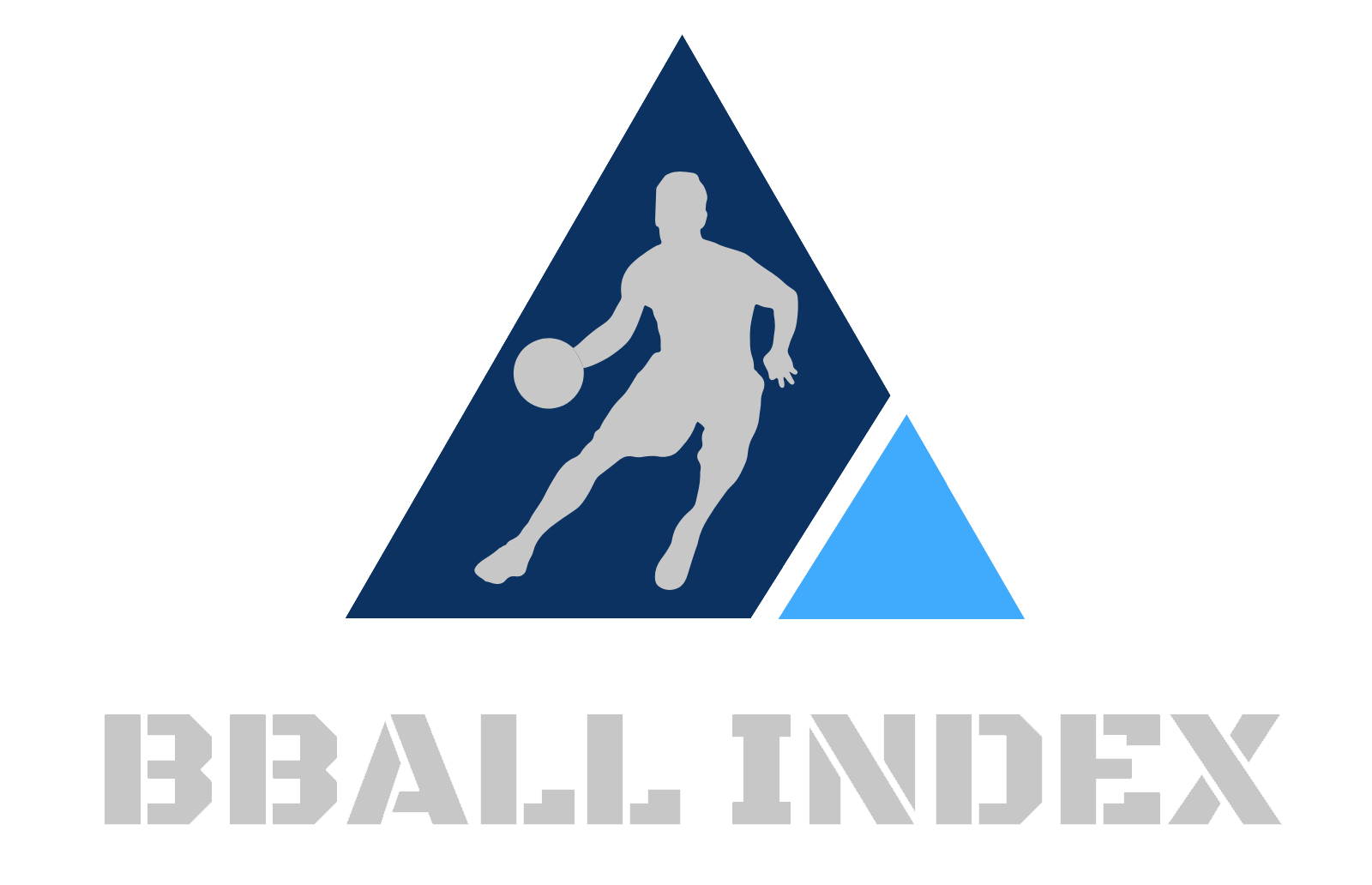
Blazers-Nuggets game 2: Bowling show ugly
Legendary pro wrestling announcer Jim Ross would have called Monday night’s Blazers/Nuggets game two “bowling show ugly.” For the Gen Z crowd that translates roughly to “Well, at least it’s better than watching James Harden argue about landing zones for 2.5 hours.”
Let’s dig into some reasons why it looked so ugly and how Portland managed to steal one in Denver:
Nikola Jokic had THIRTEEN “missed assists”
The Nuggets shot poorly — that’s no mystery. The NBA’s advanced box score data says they converted on only 31.1 percent of their uncontested field goal attempts (14-for-45). Gary Harris and Jamal Murray, alone, went 5-for-22 on uncontested looks.
Denver’s poor shooting can be seen in Nikola Jokic’s numbers. The Joker finished the game with 20 potential assists, no other player on either team had more than 10 potential assists, but his teammates converted on only seven of those 20 shots.
For context, Jokic’s potential assists were converted nearly twice as often during the regular season (7.3 conversions on 11.1 opportunities). Only one player in the entire NBA, Russell Westbrook, even averaged more than 16 potential assists during the regular season.
The Blazers were forcing the ball out of Jokic’s hands, and the strategy worked last night, but it’s unclear if the Nuggets shooters will stay this cold.
Jokic, Millsap and defending Kanter
The Blazers create a match-up conundrum for Nuggets coach Mike Malone. Jokic has been tasked as the primary defender on Enes Kanter. That has the obvious downside of forcing Jokic to, well, do something on defense. Predictably, Kanter has taken advantage in post-ups and forced Jokic into foul trouble.
Paul Millsap, arguably the Nuggets best defender, could probably help slow down Kanter in the post. Kanter is larger but Millsap has the quick hands and defensive skill to at least manage the situation:
It would also increase Millsap’s defensive impact by moving him away from the Blazers forwards, who are generally offensive afterthoughts, and onto Portland’s primary frontcourt scorer.
The downside to that plan is that it would force Jokic onto Al-Farouq Aminu, or another one of Portland’s forwards, who could then exploit Jokic’s defensive immobility with some off-ball movement (although Portland might also put Aminu into a pick-and-roll which is always hilarious, so there is an upside here).
Malone tried shifting Millsap onto Kanter briefly after Jokic picked up his fifth foul in game two, but has generally shied away from the strategy. The dance between minimizing Jokic’s weaknesses and maximizing Millsap’s strengths will continue for the rest of the series.
Zach Collins and bad defensive lapses
Zach Collins makes some decent plays, especially defensively. He’s been solid enough that Stotts benched Meyers Leonard entirely in game two in favor of the second year Gonzaga product. Collins generally acquitted himself well, putting up 10 points and 6 rebounds in 17 minutes.
The problem is that Collins also continues to have significant lapses on both ends of the court. His offensive struggles has been documented — although picking up a travel trying to work Jokic in the post was an interesting twist — but he also commits headache-inducing mistakes on defense. In game two, for example, Collins let Denver’s big men, especially Mason Plumlee, set up practically in the restricted area before challenging them.
That’s partially a consequence of the Blazers conservative scheme, but even Kevin McHale noticed that it was getting a bit too conservative. Portland is simply too thin on the bench to get inconsistent minutes out of Collins
Physical play. Long-term consequences?
Torrey Craig, Jamal Murray, Maurice Harkless, Enes Kanter. Several players looked banged up over the course of the contest. The long-term consequences could be a major factor.
Of all the injuries, Harkless’ ankle sprain looked like it could cause the most trouble. That will be a major factor for the Blazers who had relished the arrival of “Headband Moe” since the all-star break (i.e. Jake Layman stole his spot in the rotation so he had to put more effort into consistency) and haven’t gotten much out of their bench during the playoffs.
If Harkless can’t go for even a game, the domino effect of having to try a three-guard lineup with Rodney Hood or Seth Curry, or hoping that Jake Layman can be effective, will put more strain on a Portland rotation that is already searching for secondary scorers on a nightly basis.
